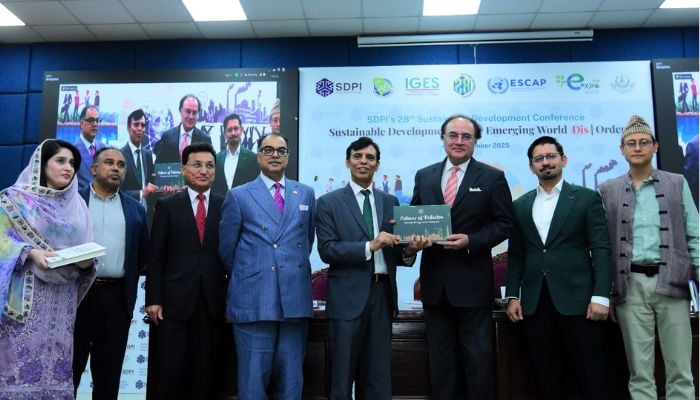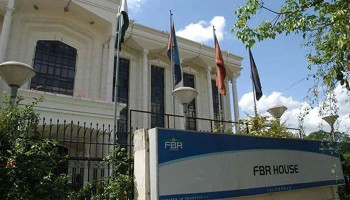
Pakistan is taking a major step toward digital financial inclusion with plans to introduce formal legislation to regulate cryptocurrencies and digital assets, Federal Minister for Finance and Revenue Muhammad Aurangzeb announced on Thursday.
Addressing the Sustainable Development Policy Institute’s high-level plenary on “Mobilising Finance for a Circular, Climate-Resilient South Asia”, Aurangzeb said the government has already set up the Virtual Asset Regulatory Authority (VARA) under an ordinance.
A new Pakistan Crypto Council was also formed to contribute to building a responsible digital asset ecosystem.
He added that the country's approach towards virtual assets and blockchain technology would remain in line with Pakistan's risk profile and regulatory priorities.
The framework, he added, also includes strict safeguards against money laundering, capital flight, and investor risk.
He elaborated that crypto regulation and digital finance can help channel investments in the direction of climate innovation, adding that population growth and climate change remain Pakistan's biggest challenges.
The finance minister said Pakistan had secured from the IMF a $1.3 billion climate package, $500 million from ADB, and a 10-year partnership worth $2 billion annually with the World Bank.
Plans are also in the pipeline to float Panda Bonds in China as part of diversifying funding sources.
Aurangzeb made a point of emphasising that finance ministries must integrate climate action into the national budget to make it a policy priority.
He praised private sector projects like Acumen’s $90 million Climate Action Fund and Sindh’s mangrove carbon credit initiative as models for sustainable finance.
















